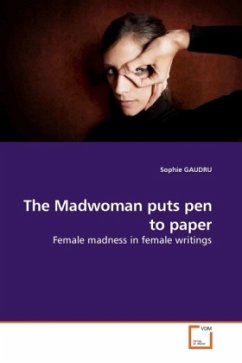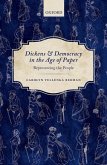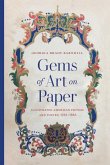Although it is often thought that there is little sense of a community of women novelists, the recurrence of the theme of madness in texts written by women is impressive. For a long time feminist scholars (as the Gilbert and Gubar school) have theorized madness as a way to subvert too repressive norms. However, it seems difficult to consider it as a positive rebellion against a too patriarchal society. Studying three major texts ("The Yellow Wall-Paper" (1892) by Charlotte Perkins Gilman, The Bell Jar (1963) by Sylvia Plath, Les Mots pour le dire (1975) by Marie Cardinal) Sophie Gaudru first tries to identify the possible causes of female madness in literary writings: studying personal and familial causes, sexuality and marriage, the expectations and double standards of society. Then, she focuses on madness in words and highlights recurrent literary images, such as enclosure and confinement or the image of Doubles. She ends showing that, to women writers, writing is the best means to subvert the too repressive norms of society. They have used language in a brand new way, transforming it into a weapon in the hands of women in quest of a more equal society.
Bitte wählen Sie Ihr Anliegen aus.
Rechnungen
Retourenschein anfordern
Bestellstatus
Storno








